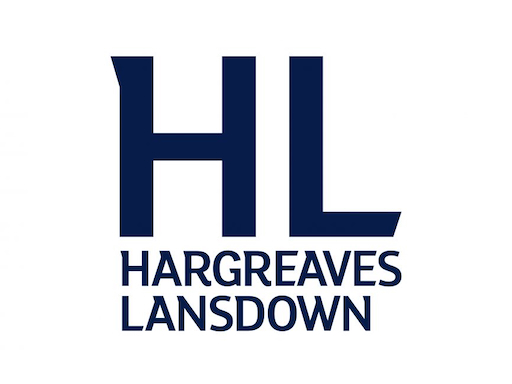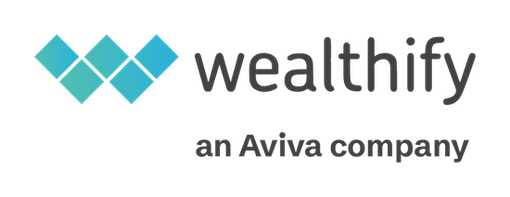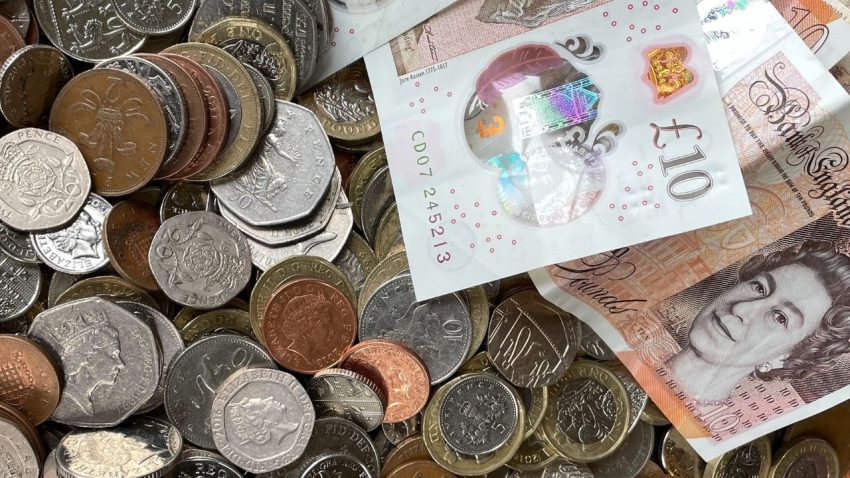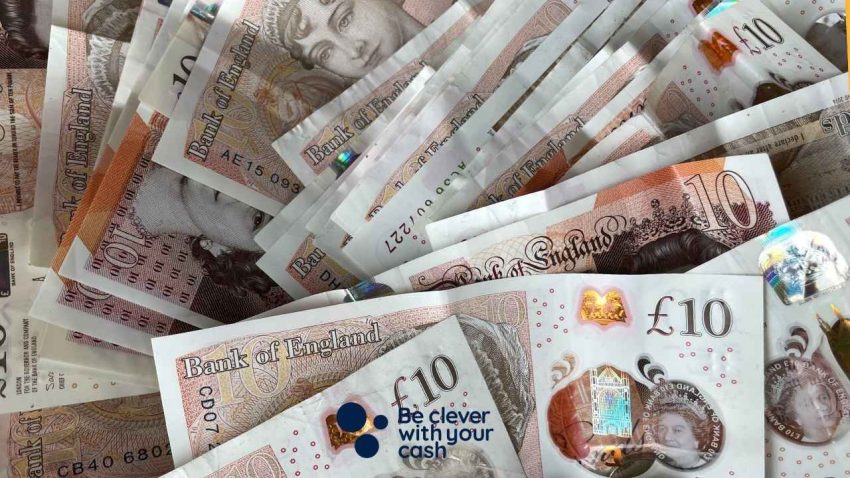The best ISAs for under 18s whether you want to invest or save cash
Junior ISAs (JISAs) are tax-free savings or investment accounts for children under 18. A parent or guardian can set them up if they’re under 16, or the child can set it up on their own if they’re 16 or 17, although they won’t be able to invest until they’re 18.
You can invest or save up to £9,000 per year in a Junior ISA, and anything you earn on it is tax-free.
Some articles on the site contain affiliate links, which provide a small commission to help fund our work. However, they won’t affect the price you pay or our editorial independence. Read more here.
Here at Be Clever With Your Cash, we’re not regulated to give you financial advice. We aim to give you the facts about a provider or investment but it’s up to you to decide if it’s suitable for you. If you’re looking for more personalised guidance, find a financial adviser who can give you specific advice. Remember that your capital is at risk when investing — don’t invest more than you are prepared to lose.
These Junior ISAs are for investing towards your child’s future. You can choose to either invest in a ready-made option, which is a portfolio that is created and managed by experts, or you can opt for DIY investing, which is where you create and manage the portfolio yourself. Some providers offer both options.
 Best Junior Stocks & Shares ISAs
Best Junior Stocks & Shares ISAs
 Customer rating
4.2/5
Customer rating
4.2/5
- Annual fee£11.99 per month (Investor plan)
- Investment stylesDIY or ready-made
- Minimum deposit£25 per month
- FSCS Protected? Yes
- Transfer in existing ISA? Yes
- Interest on uninvested cash 1.51%
- Trading fee £3.99
- Foreign exchange fee 1.50%
- Fund fees If you invest in funds, you'll have to pay fund fees between 0.03% and 1.5%
- Note on fees You need to have the Investor plan to open a Junior ISA, but this covers as many Junior ISAs as you need, so you can have as many open as you have children.
 Customer rating
4.6/5
Customer rating
4.6/5
- Annual fee0%
- Investment stylesDIY or ready-made
- Minimum deposit£100 or £25 per month
- FSCS Protected? Yes
- Transfer in existing ISAs? Yes
- Fund fees If you invest in ready-made portfolios or funds, you'll still need to pay fund fees depending on which portfolio you choose.
- Interest on uninvested cash 2.53%
- Ready-made portfolios available 4 risk-based portfolios

Vanguard Junior Stocks & Shares ISA

 Customer rating
4.5/5
Customer rating
4.5/5
- Annual fee0.15% (max £375 per year)
- Investment stylesDIY or ready-made
- Minimum deposit£100 per month or £500
- FSCS Protected? Yes
- Transfer in existing ISA? Yes
- Interest on uninvested cash 2.35%
- Fund fees When you invest in funds you'll also have to pay fund fees between 0.06% and 0.79%
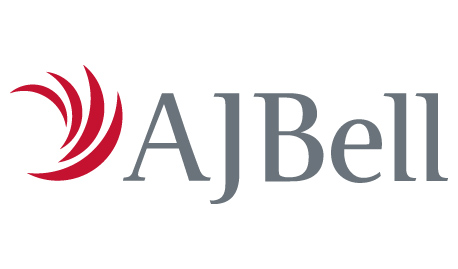
AJ Bell Junior Stocks & Shares ISA

 Customer rating
4.3/5
Customer rating
4.3/5
- Annual fee0.25%
- Investment stylesDIY or ready-made
- Minimum deposit£25 per month or £500
- FSCS Protected? Yes
- Transfer in existing ISA? Yes
- Interest on uninvested cash 2.07% up to £10,000
- Trading fee Shares - £5, Funds - £1.50
- Foreign exchange fee 0.75%
- Fund fees If you invest in funds, you'll have to pay fund fees between 0.04% and 1.16%
 Other Junior ISAs
Other Junior ISAs

JP Morgan Personal Investing Junior Stocks & Shares ISA

 Customer rating
4.8/5
Customer rating
4.8/5
- Annual fee£0
- Investment stylesReady-made
- Minimum deposit£100
- FSCS Protected? Yes
- Transfer in existing ISA? Yes
- Interest on uninvested cash No
- Ready-made portfolios available 30 portfolios, including fully managed, fixed allocation and ethical

Shepherds Friendly Junior Stocks & Shares ISA

 Customer rating
4.8/5
Customer rating
4.8/5
- Annual fee£0
- Investment stylesReady-made
- Minimum deposit£10 per month or £100 lump sum
- FSCS Protected? Yes
- Transfer in existing ISA? Yes
- Interest on uninvested cash No
- Ready-made portfolios available One risk-based portfolio
 Customer rating
4.9/5
Customer rating
4.9/5
- Annual fee£0
- Investment stylesDIY or ready-made
- Minimum deposit£500
- FSCS Protected? Yes
- Transfer in existing ISA? Yes
- Interest on uninvested cash No
- Ready-made portfolios available A range of ethical managed portfolios, a low-risk portfolio and 4 thematic growth themes
 Customer rating
4.9/5
Customer rating
4.9/5
- Annual fee0.5%
- Investment stylesReady-made portfolios
- Minimum deposit£10
- FSCS Protected? Yes
- Transfer in existing ISA? Yes
- Fund fees You'll have to pay additional fund fees of up to 0.15%
- Interest on uninvested cash No
- Ready-made portfolios available 2 tracker funds to choose between: an L&G cash fund and a Fidelity global shares fund
 Customer rating
4.8/5
Customer rating
4.8/5
- Annual fee0.60%
- Investment stylesReady-made
- Minimum deposit£1
- FSCS Protected? Yes
- Transfer in existing ISA? Yes
- Interest on uninvested cash No
- Ready-made portfolios available 10 portfolios based on risk and ethical options
- Important details Invite family members and friends to be contributors. Wealthify is authorised and regulated by the Financial Conduct Authority. Over 18s, UK residents and UK taxpayers only. Up to £85,000 of eligible deposits is protected by the UK Financial Services Compensation Scheme (FSCS).
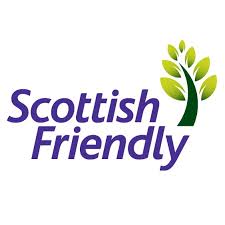
Scottish Friendly My Easy Select Junior ISA

 Customer rating
3.2/5
Customer rating
3.2/5
- Annual fee1.25%
- Investment stylesReady-made
- Minimum deposit£30 per month or £100 lump sum
- FSCS Protected? Yes
- Transfer in existing ISA? Yes
- Ready-made portfolios available One fund available to invest in
- Flexible ISA No
- Offer details Investments in the Unitised With-Profits Fund are subject to an annual fee of 1.50% which is reflected in the bonus rates declared. Over 2025, Scottish Friendly will apply a special offer, reducing your overall charge applied to Unitised With-Profits Funds in your ISA or Junior ISA by 0.25%. This means bonuses applied over 2025 will reflect a reduced annual fee of 1.25%
- Authorised and regulated by the Financial Conduct Authority Yes: FRN 110002
- Risk warning Capital at risk. The value of your investments may go up or down.
 Customer rating
4.8/5
Customer rating
4.8/5
- Service fee£2,500 or £99 per month
- Investment stylesDIY or ready-made investing
- Minimum deposit£2,500 or £99 per month
- FSCS Protected? Yes
- Transfer in existing ISA? Yes
- Investments available You can invest in OEICs, unit trusts and exchange-traded investments
- Flexible ISA Yes
- Fee details If you link your account to your family's accounts, then all of your investments are counted when working out the fees, which might give you lower charges
- Fees Fees are charges depending on the amount you invest. The first £50,000 is charged at 0.35% per year, the amount between £50,000 and £250,000 is charged at 0.25%, the amount between £250,000 and £750,000 is charged at 0.2%, and any amount over £750,000 is charged at 0.15%
- Fund fees When you invest in funds you'll also have to pay fund fees, depending on which ones you choose
- Authorised and regulated by the Financial Conduct Authority Yes, FRN 04227837
- Risk warning Capital at risk. The value of investments can go down as well as up
Junior Cash ISAs
These Junior ISAs are for saving cash. They’ll earn a set rate of interest that’s fixed or variable. These are the best-paying Cash JISAs right now.
 Best Cash Junior ISAs
Best Cash Junior ISAs

Family Building Society Junior ISA

 Customer rating
4.7/5
Customer rating
4.7/5
- AER (variable)3.85%
- Minimum£1
- Account openingBranch or via post
- FSCS Protected? Yes
- Allow transfers in Yes

Leek Building Society Junior ISA

 Customer rating
4.9/5
Customer rating
4.9/5
- AER (variable)3.85%
- Minimum£1
- Account openingBranch or via post
- FSCS Protected? Yes
- Allows transfers in? Yes

Coventry Building Society Junior ISA

 Customer rating
4.2/5
Customer rating
4.2/5
- AER (variable)3.75%
- Minimum£1
- Account openingBranch or via post
- FSCS Protected? Yes
- Allows transfers in? Yes

Loughborough Building Society Junior ISA

 Customer rating
4.9/5
Customer rating
4.9/5
- AER (variable)3.75%
- Minimum£1
- Account openingBranch or via post
- FSCS Protected? Yes
- Allows transfers in? Yes
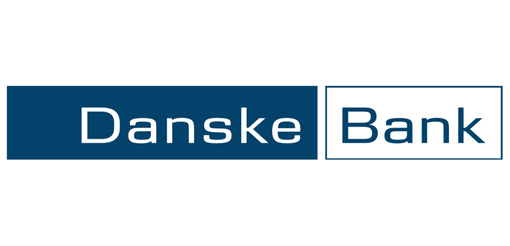
Danske Bank UK Junior ISA

 Customer rating
4.1/5
Customer rating
4.1/5
- AER (variable)3.75%
- Minimum£25
- Account openingBranch or via phone
- FSCS Protected? Yes
- Allows transfers in? Yes

NS&I Junior ISA

 Customer rating
2.9/5
Customer rating
2.9/5
- AER (variable)3.55%
- Minimum£1
- Account openingOnline
- FSCS Protected? Yes
- Allows transfers in? Yes
What is a Junior ISA?
A Junior ISA is an account for children under the age of 18 to help you save for their future. As with standard ISAs, anything they earn, whether interest, dividends or growth is tax-free.
There are two versions – a cash one and a Stocks & Shares one – and you can have one or both types.
Junior ISAs are a really good way to save for your child over the long-term. No one can make withdrawals, not even the parents or guardians, so the money is locked up until the child turns 18. At 16, they can manage the account themselves but they can’t actually access the money until their 18th birthday.
Who can open a Junior ISA?
Parents and guardians can set up the account and manage it on their child’s behalf or the child and anyone can pay into the account – family, friends or neighbours, for example.
Or, the child can open the account themselves if they’re 16 or 17. However, they won’t be able to invest their money until they’re 18.
What is the Junior ISA allowance?
You can pay up to £9,000 into a Junior ISA each tax year. You’re able to split this between a Cash Junior ISA and Stocks & Shares Junior ISA.
However, you can only have one of each type of Junior ISA at a time. But you can usually transfer either to a new provider if you find a better rate or lower fees.
What happens to a Junior ISA when the child turns 18?
At 18, your child’s Junior ISA will be converted into an adult ISA – either a cash ISA or Stocks & Shares ISA, depending on the Junior ISA.
Your child will then be responsible for managing the account, making investments if they want to, transferring providers and they can also access the money as and when they please.
This can be a bit of a source of worry for some parents – that their darling offspring might blow 18 years of savings earmarked for university or a car, but the money will be in their name and they technically can spend it how they want.
Cash Junior ISA vs Stocks & Shares Junior ISA
The cash version is a lot like a savings account and is useful if you’ve an older child who might need the money in a few years, say for university or a car.
But for younger kids, where you’ve got at least five years before they can access their money, the Stocks and Shares Junior ISA is worth considering. That’s because over time, investing tends to beat savings rates and is better at keeping up, or outperforming, inflation.
The longer you can afford to invest, the better, as you have longer to ride out the bumps in the stock market. If you’re new to investing or just want to brush up, we’ve got some brilliant guides in our investing hub.
Do you need a Junior ISA for your child?
If you’ve got kids and are looking to help them save for their future, Junior ISAs are a really good option.
You can of course save elsewhere, and if you want them to have access, that might be better. But you do need to watch out for tax. While a child won’t have to pay tax on most children’s savings accounts, that’s not always the case. There are rules that mean if your child gets more than £100 in interest from money given by you as a parent, you do have to pay tax if it’s above your Personal Savings Allowance.




